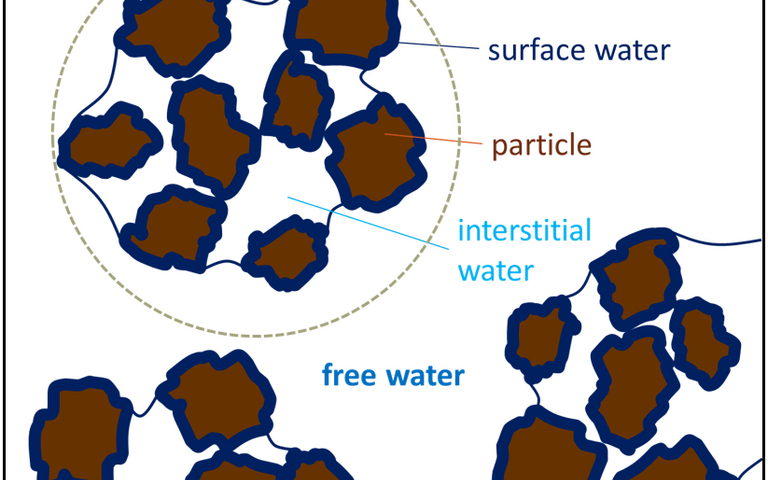
Sludge drying
An overview of sludge drying − an introduction to sludge drying theory and technologies
Your web browser is out of date.
Update your browser for better security, speed and to get the best experience on this website.
Convective (or direct) dryers are the most commonly used type of dryer for removing moisture from sewage sludge using heat. The sludge particles are in direct contact with hot gas – air or steam – which provides the heat needed to evaporate the water. They can be configured as conveyer belts (belt dyers), fluidised beds, rotating drums, or flash (pneumatic) dryers. Belt, fluidised bed, rotating drum dryers are the most often used configurations in sewage sludge drying. Since these dryers demand a significant air volume, the air is often recirculated prior to venting to conserve energy.

An overview of sludge drying − an introduction to sludge drying theory and technologies
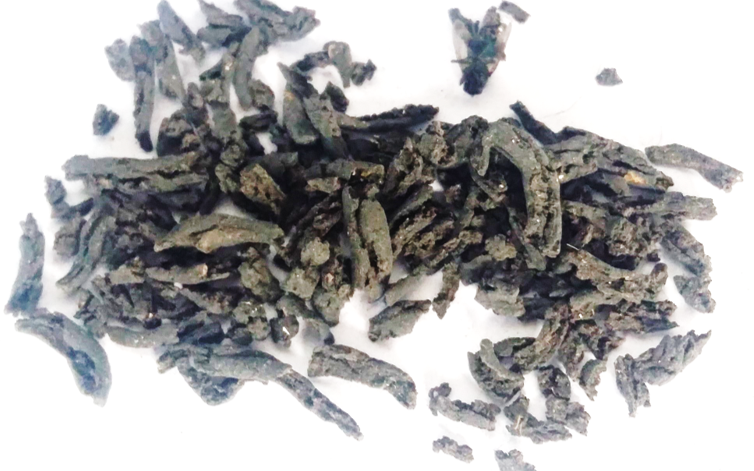
Processes where moisture is removed from sludge as water vapour are known as 'sludge drying'

When sludge dries, it goes through three different phases as the water evaporates
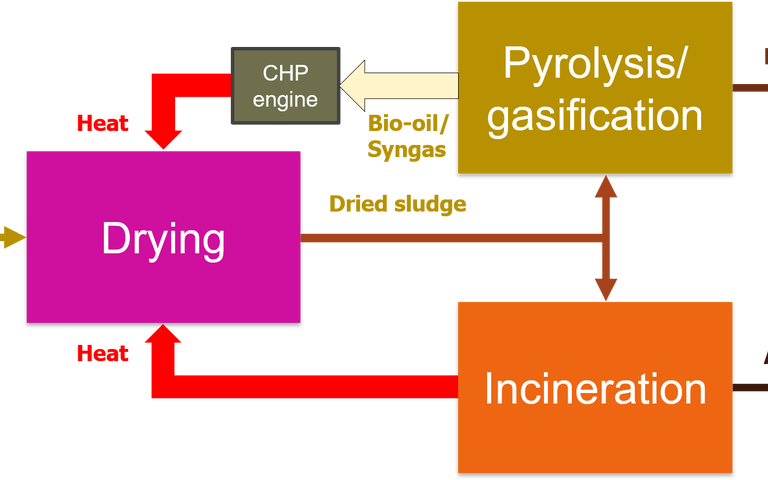
Sludge drying processes operate at solids temperatures of 60-93 °C to encourage water to evaporate and leave a solid residue
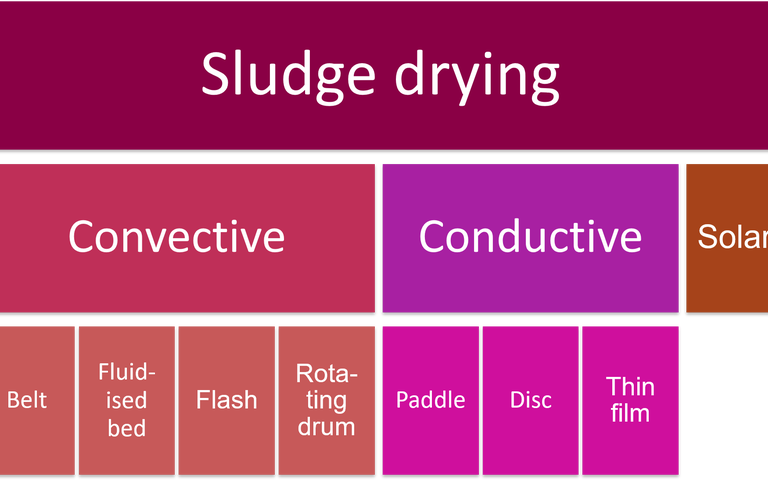
Sludge drying processes are generally configured as convective, conductive, or as solar dryers
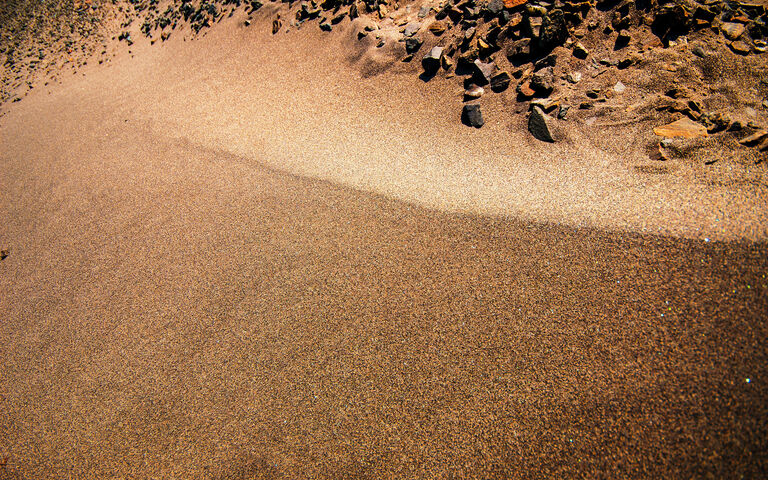
Convective sludge dryers are the most commonly used type of dryer for sewage sludge
Animation demonstrating the workings of the flash dryer for drying slurries, from Hosokawa Micron B.V.
Belt dryers comprise a conveyor belt which slowly transports the sludge solids through a stream of heated air
Flash dryers use a rapid stream of rising hot air which both suspends and dries the solids.
In fluidised-bed dryers the sludge particles are gently agitated and heated by a stream of upward-flowing pre-heated gas
Rotating drum dryers have a drum rotating at 4-8 RPM through which the sludge passes along with a stream of warm air
For conduction drying, the sludge is heated indirectly by bringing it into contact with a heated surface
Disc dryers are based on vertical externally-heated discs or rings rotating in the sludge as it passes through the dryer.
Paddle dryers are based on externally-heated paddles rotating in the mass of sludge solids held in a stationary vessel
Solar dryers comprise large greenhouses in which sludge is dried under the ambient conditions of the building.
Pelletizers
Conditioning is the pretreatment of sludge upstream of thickening and dewatering to promote solid-liquid separation
Thickening processes concentrate the sludge by removing part of the free water, such that the product can still be pumped
Dewatering processes mechanically remove a significant proportion of the sludge water to produce a 15-45% cake product
In sludge drying the sludge moisture is removed as water vapour by heating, generating a pelleted or powdered product
Sludge stabilisation − alkaline stabilisation, lime and solids dosing, plus anaerobic and aerobic digestion
Thermochemical methods are used to either significantly reduce the sludge solids content or pre-treat sludge upstream of AD
Sludge is the main waste stream from the treatment of wastewater